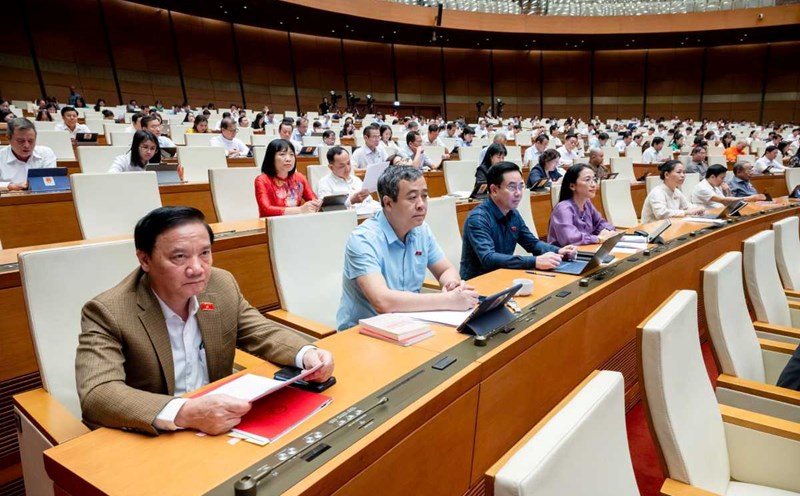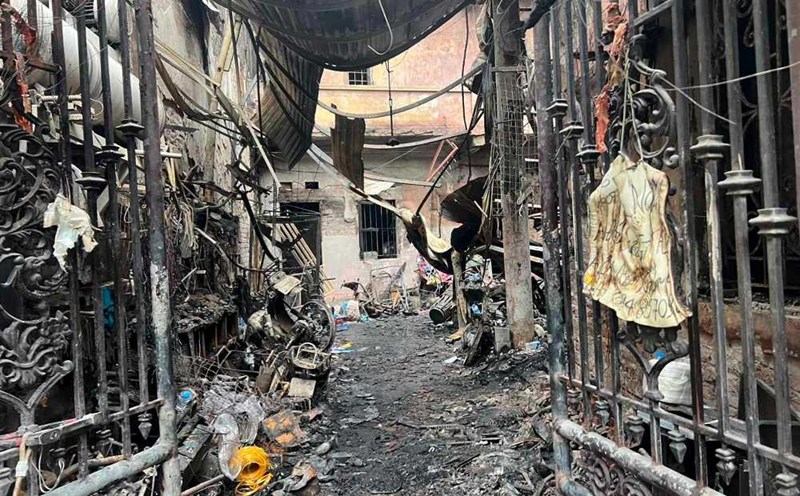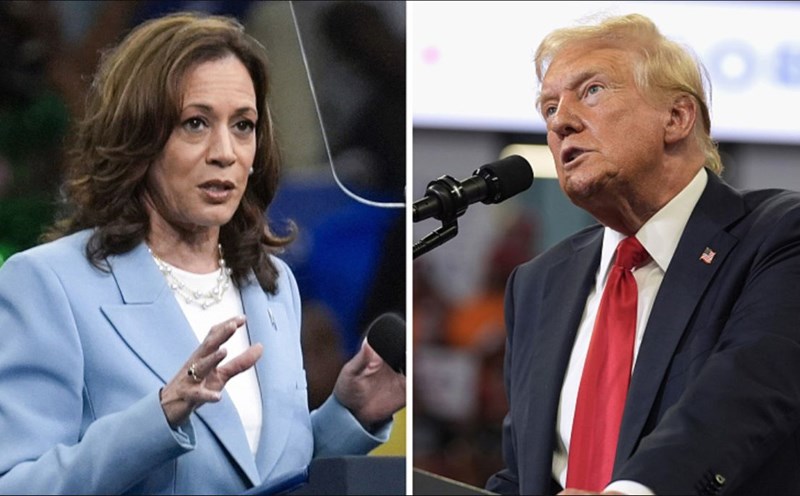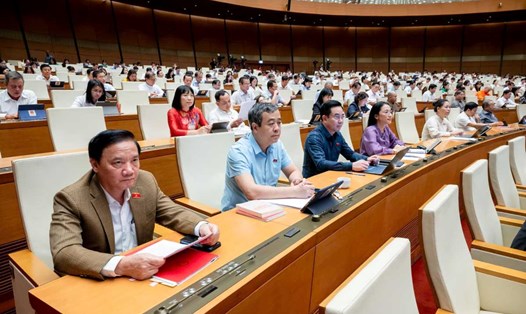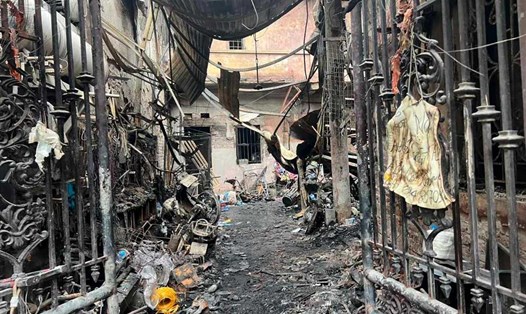Continuing the 8th Session, on the morning of November 1, Chairman of the National Defense and Security Committee Le Tan Toi presented a report explaining, accepting and revising the draft Law on Fire Prevention, Fire Fighting and Rescue (PCCC and CNCH).
Regarding fire prevention, Mr. Le Tan Toi said that some opinions suggested adding separate regulations on fire safety conditions for facilities, houses, individual houses, especially houses combined with production and business.
There is a proposal to separate fire prevention and fighting regulations for residential houses and houses combined with production and business.
The National Assembly Standing Committee has directed to accept and separate Article 17 on fire prevention for housing into 2 articles, including 1 article on fire prevention for housing (Article 19) and 1 article on fire prevention for housing combined with production and business (Article 20); at the same time, classify and supplement more complete and appropriate regulations for these two types.
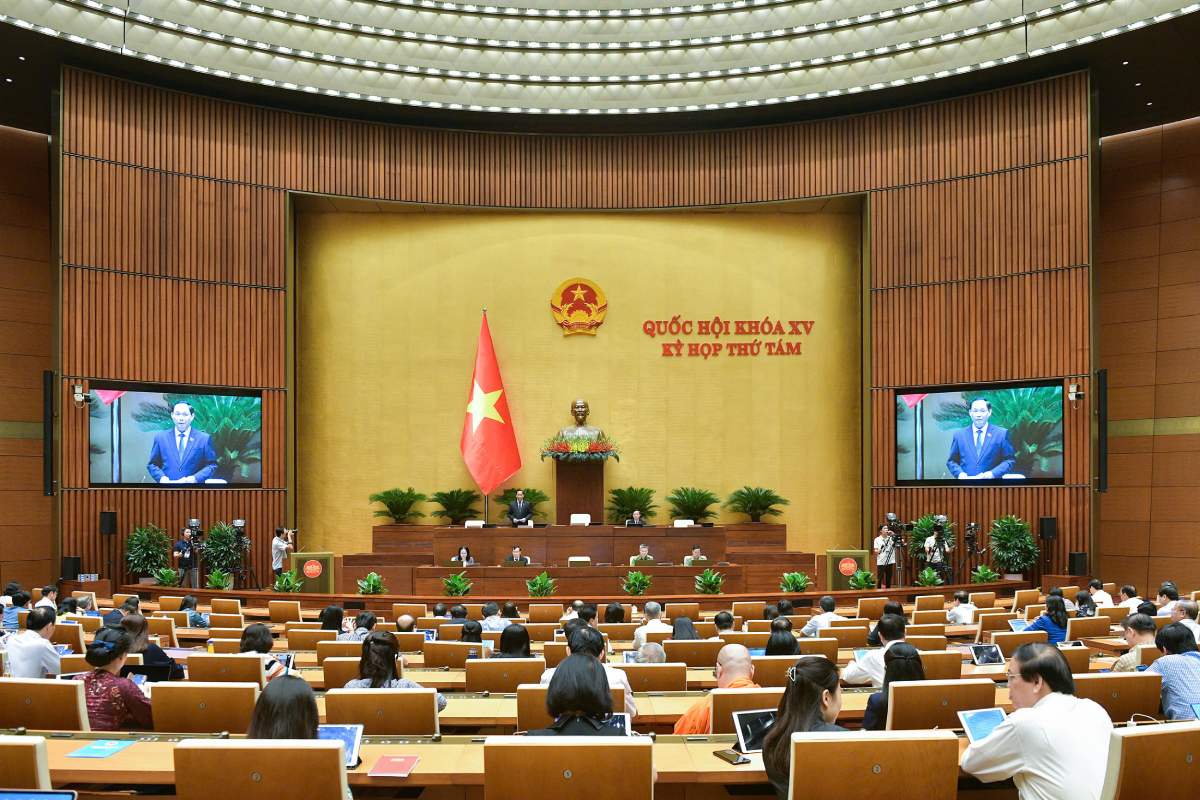
Also according to Mr. Le Tan Toi, some opinions suggested clarifying the lack of separate regulations on fire prevention and fighting in high-rise buildings, markets, shopping malls, and export processing zones.
The Standing Committee of the National Assembly finds that the above types are all defined as "facilities" in Clause 7, Article 2 and specifically regulated in Article 22.
In response to delegates' opinions, the National Assembly Standing Committee directed research and full supplementation of fire prevention regulations for facilities and specifically stated them in Article 22 of the draft law that has been accepted and revised.
Clause 5, Article 54 assigns functional ministries to promulgate and amend standards and technical regulations related to fire prevention and fighting within their management scope according to the provisions of law on standards and technical regulations, including standards and technical standards on fire prevention and fighting for each type of facility such as high-rise buildings, markets, commercial centers, and export processing zones.
Therefore, the National Assembly Standing Committee proposed that the National Assembly allow not to have specific regulations on fire prevention for high-rise buildings, markets, commercial centers, export processing zones, etc. in this draft law.
There are suggestions that the Government continue to increase resources for fire prevention and fighting and search and rescue work, and pay more attention to policies for the team and forces directly involved in fire prevention and fighting and search and rescue work.
Propose regulations that the State allocates a separate budget for the annual purchase and maintenance of fire prevention and fighting equipment.
In response to delegates' opinions, the National Assembly Standing Committee directed the revision of spending regulations for investment, construction, repair, and maintenance of fire prevention and fighting and rescue systems and equipment.
Supplementing the regime and policies for officers, non-commissioned officers, and soldiers of the Fire Prevention and Rescue Police force directly performing firefighting and rescue activities in the draft law and assigning the Government to specify the details.
The policies and regimes stipulated in the draft law include: Policies and regimes according to the provisions of the law on the People's Public Security; training regime when conducting training and fostering in fire prevention and fighting and search and rescue skills; practicing fire fighting and search and rescue plans; fire fighting and search and rescue plans;
Special nutritional regime when training, practicing fire fighting and rescue plans, fire fighting and rescue plans and directly fighting fires and rescue; regime according to the list of especially arduous, dangerous and toxic industries and occupations as prescribed by law.
Officers and non-commissioned officers who control and operate fire-fighting and rescue vehicles enjoy the same regimes and policies as professional officers and non-commissioned officers according to the law on the People's Public Security.

